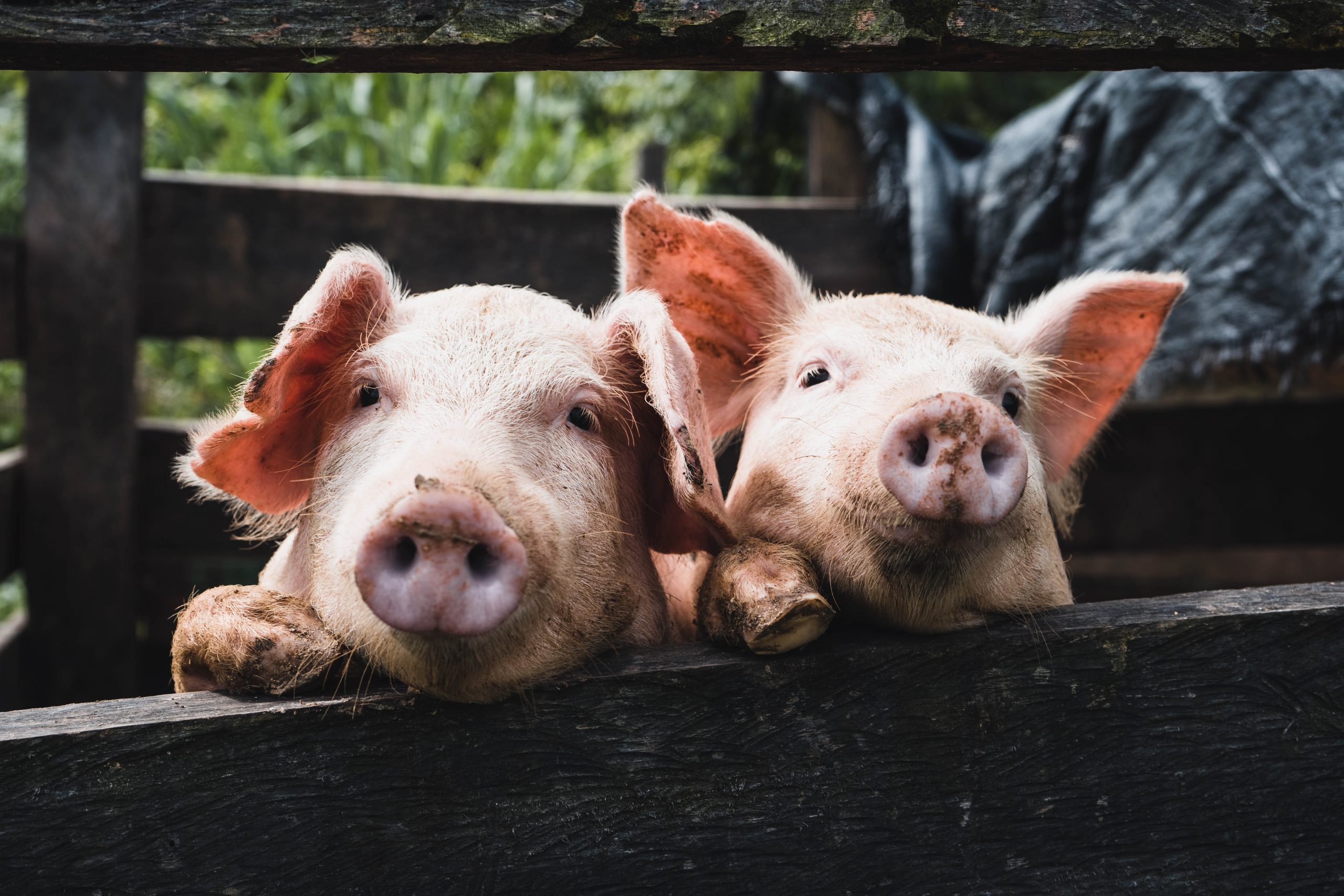By Audrey Lawrence
May Day, or International Workers’ Day, is an annual day to celebrate the working class. It was founded in the late 19th century in support of the campaign for 8-hour workdays. One particularly influencing event was the Haymarket affair of 1886, where peaceful protests for the 8-hour workday starting on May 1st turned to violence, with multiple deaths and hundreds of injuries.
Despite many workplace advances since the 1800s, there is still much worker exploitation today, as corporations across the globe put profit over workers rights. Similarly we see companies prioritizing profit over the suffering of sentient, nonhuman beings in businesses that make money from animals. Unsurprisingly, some of the most exploitative worker conditions are found in industries prone to animal abuse, such as the animal agriculture and leather industries.
The $241 billion per year leather industry is known for putting its workers at risk. Workers who process leather are paid meager wages and protected by virtually no workplace regulations. Leather production workers face significant respiratory diseases among other health risks from exposure to chemicals used in the tanning process. The global demand for leather exports puts these unprotected workers at an incredible risk.

To add to this, workers in animal agriculture suffer some of the worst working conditions. The job is difficult and gruesome, injury rates are high, wages are low, and protections are minimal or nonexistent. Many workers are undocumented immigrants, which makes them even more vulunerable to abuse. As we saw last year, slaughterhouse workers were some of the first forced back to work during the pandemic, creating hot spots for Covid-19 outbreaks. Corporate greed for profits and limited regulation of this industry put hundreds of thousands of workers in the US alone at risk.
Of course distressing working conditions are not limited to animal industries. There are many other industries in desperate need of reform and regulation—too many for this post to do them justice.
However, it is not shocking to see the common theme of putting profits first in each of these industries. The fight to protect vulnerable groups from relentless corporate greed joins the workers’ rights and animal rights movements. Many labor advocates have also been voices for animals, such as Cesar Chávez, co-founder of The United Farm Workers union. Amid his tireless work battling for farm laborers, Chávez was still able to encourage advocacy for animal rights, urging that “we need, in a special way, to work twice as hard to help people understand that the animals are fellow creatures…. We know we cannot be kind to animals until we stop exploiting them—exploiting animals in the name of science, exploiting animals in the name of sport, exploiting animals in the name of fashion, and yes, exploiting animals in the name of food.” We must fight against both the abuse of nonhuman animals and the abuse of human laborers.

So how can you help workers exploited in these industries today? For starters, avoid animal products. It is so easy in our modern society to distance meat, poultry, dairy, leather, and other products from the non-human animal and human suffering that goes into their production. Take today to remember the toll these industries take on workers’ lives and go vegan.
